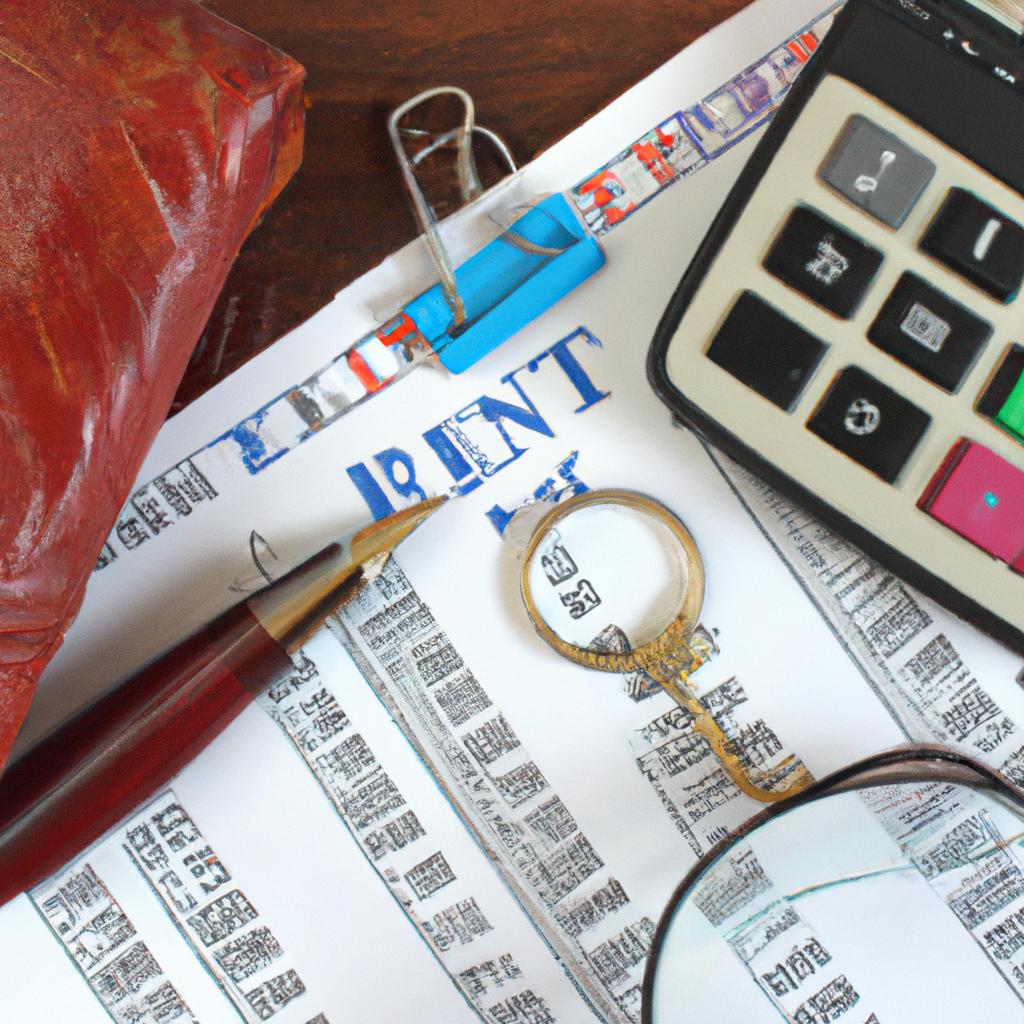Probate fees can often be a source of confusion and concern for those navigating the intricacies of estate administration. In the realm of estate law, the question of whether probate fees can be paid from the estate is a common one. As experienced practitioners in the field of estate planning and probate law, we at Morgan Legal Group, located in the heart of New York City, understand the complexities and nuances involved in addressing this issue. In this article, we will delve into the factors that determine whether probate fees can be paid from the estate, providing clarity and guidance for those grappling with this important aspect of estate administration.
Determining the Payment of Probate Fees from the Estate
In the process of probate, one common question that often arises is whether probate fees can be paid from the estate itself. It is important to note that probate fees can vary depending on the jurisdiction, but generally, these fees are associated with the administration of the estate. In many cases, probate fees can be paid from the estate assets, but it is crucial to understand the specific regulations in your location.
One way to determine if probate fees can be paid from the estate is to review the applicable laws and regulations. Additionally, consulting with an experienced estate planning attorney can provide valuable insight into how probate fees should be handled. It is essential to properly allocate expenses to ensure that the estate’s assets are used efficiently. Properly managing probate fees can help streamline the probate process and protect the estate’s beneficiaries.
Legal Framework for Paying Probate Fees from the Estate
When dealing with the probate process, one common question that arises is whether probate fees can be paid from the estate. The answer to this question is not a simple yes or no, as it depends on the legal framework surrounding probate fees in each jurisdiction. Generally, probate fees are typically paid from the estate assets to cover the costs associated with administering the estate. However, it is essential to understand the specific laws and regulations governing probate fees in your location.
There are several factors to consider when determining if probate fees can be paid from the estate, including the following:
- The laws of the state where the estate is being probated
- The terms of the decedent’s Will, if one exists
- The nature and value of the estate assets

Factors to Consider When Using Estate Assets to Cover Probate Expenses
When using estate assets to cover probate expenses, there are several important factors to consider to ensure a smooth and efficient process. One key consideration is the liquidity of the estate – determining whether there are enough liquid assets available to cover the probate fees without having to sell off any valuable assets. It’s important to carefully assess the financial situation of the estate to avoid any unnecessary stress or complications.
Another factor to keep in mind is the priority of expenses in the probate process. Certain expenses, such as funeral costs and administrative fees, may take precedence over others. It’s essential to understand the order in which probate expenses must be paid to avoid any legal issues down the line. Consulting with an experienced estate planning attorney can help you navigate these complexities and ensure that the probate process runs smoothly.

Recommendations for Managing Probate Costs from Estate Funds
One key recommendation for managing probate costs from estate funds is to carefully review and prioritize expenses that can be paid from the estate. By understanding what costs can and cannot be covered by the estate, you can effectively allocate funds to cover necessary expenses while avoiding unnecessary fees.
Another important strategy is to work with an experienced probate attorney who can help navigate the complexities of the probate process and provide guidance on minimizing costs. An attorney can help identify potential areas where costs can be reduced, negotiate fees with creditors and other parties, and ensure that the estate is administered in an efficient and cost-effective manner.
Q&A
Q: Can probate fees be paid from the estate?
A: Yes, probate fees can be paid from the estate of the deceased.
Q: What are probate fees?
A: Probate fees are the costs associated with the legal process of proving and administering a will.
Q: How are probate fees calculated?
A: Probate fees are typically calculated as a percentage of the total value of the estate.
Q: Can probate fees vary depending on the size of the estate?
A: Yes, probate fees can vary depending on the size and complexity of the estate.
Q: Are probate fees mandatory?
A: Yes, probate fees are mandatory in most jurisdictions for estates that go through the probate process.
Q: Are there any ways to reduce probate fees?
A: One way to potentially reduce probate fees is to create a living trust, which can help avoid the probate process altogether.
Q: Can probate fees be negotiated or waived?
A: In some cases, probate fees may be negotiated or waived, depending on the circumstances and the laws of the jurisdiction.
The Conclusion
In conclusion, the question of whether probate fees can be paid from the estate ultimately depends on the specific laws and regulations governing probate in your jurisdiction. It is crucial for executors and beneficiaries to understand their rights and responsibilities when it comes to probate fees to ensure a smooth administration of the estate. Seeking legal advice from a qualified attorney can provide clarity and guidance in navigating the probate process. Ultimately, by staying informed and proactive, individuals can work towards a fair and efficient distribution of assets in accordance with the law.









